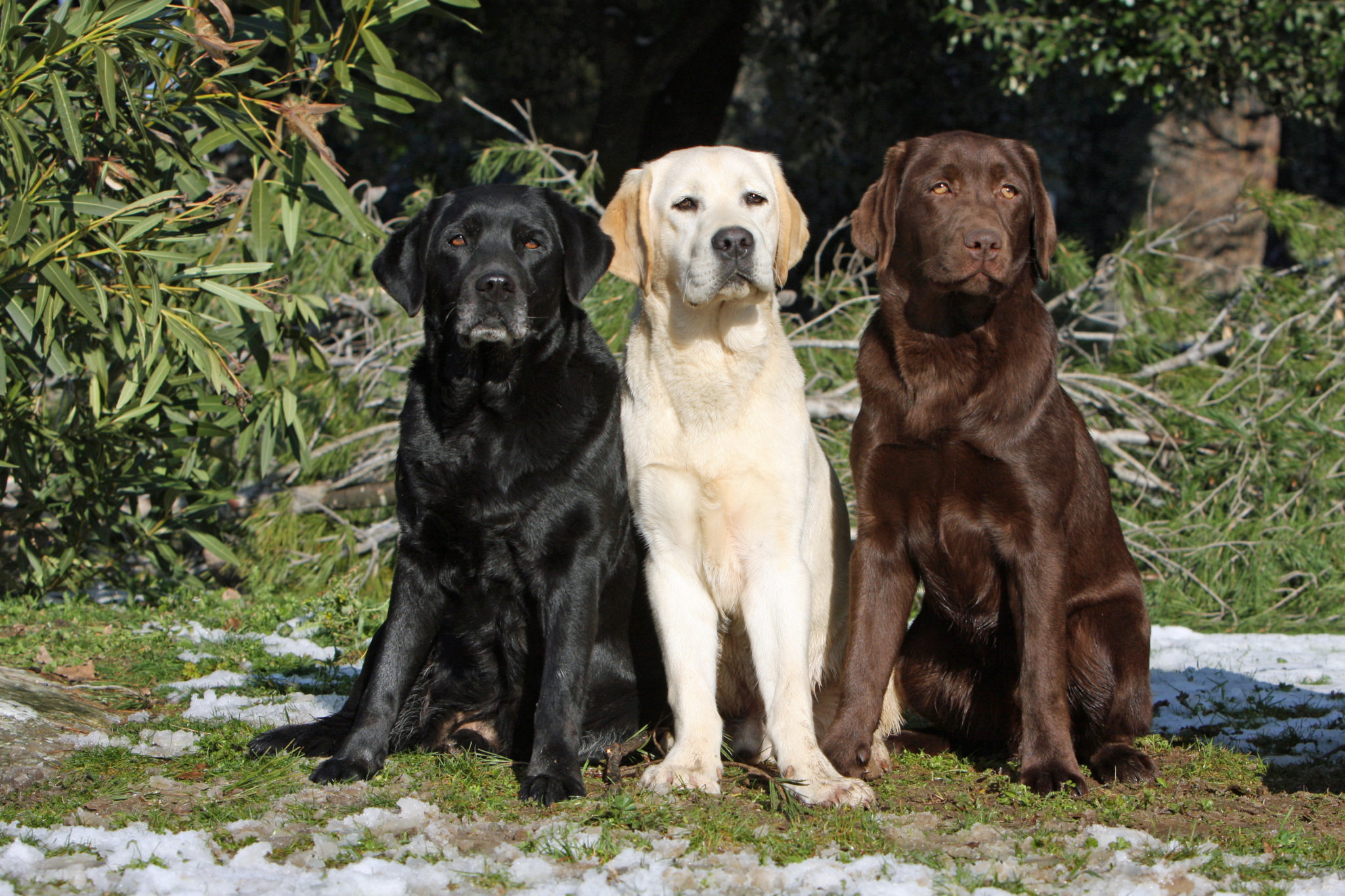Why Labrador Retrievers Are Known for Their Friendly Nature: A Critical Examination
Introduction
Labrador Retrievers have long been renowned for their friendly and outgoing demeanor. Their temperament has propelled them to the pinnacle of popularity among dog breeds, making them beloved by families, individuals, and various assistance programs worldwide. However, beneath their amiable facade lies a complex tapestry of genetic, environmental, and training factors that contribute to their distinctively friendly nature. This essay endeavors to critically examine the intricacies of this phenomenon by delving into the evidence and engaging with diverse perspectives.
Genetic Predisposition: The Inherited Charm
Genetic inheritance plays a pivotal role in shaping a dog's personality. Labrador Retrievers, descended from working dogs bred for retrieving game, inherit a disposition that favors amicable interactions. The selective breeding practices employed by reputable breeders have reinforced these desirable traits, perpetuating a lineage of dogs with a natural propensity for friendliness.
Evidence:
Studies have identified specific genetic markers associated with aggression and friendliness in dogs. A study by the University of Helsinki revealed a strong correlation between certain genetic variations and reduced aggression and increased friendliness in Labrador Retrievers.
Environmental Influences: Nurturing the Friendly Spirit
While genetics provide the foundation, environmental factors nurture the friendly nature of Labrador Retrievers. Positive socialization experiences during puppyhood, coupled with consistent and loving training, can foster a dog's confidence and trust toward both humans and other animals.
Evidence:
Research by the American Kennel Club underscores the importance of early socialization for Labrador Retrievers. Puppies exposed to various environments, people, and situations become more adaptable and less likely to display fear or aggression.
Training and Reinforcement: Shaping the Friendly Behavior
Training plays a crucial role in channeling the innate friendly tendencies of Labrador Retrievers into practical and desirable behaviors. Positive reinforcement techniques, such as rewards and praise for displaying friendly behaviors, help reinforce desired traits.
Evidence:
A study conducted by the University of California, Davis, demonstrated the effectiveness of positive reinforcement training in promoting friendly interactions between Labrador Retrievers and strangers. Dogs trained using these techniques exhibited significantly higher levels of friendliness compared to dogs receiving no training.
Different Perspectives: Beyond the Smiling Facade
Despite being commonly perceived as an extremely friendly breed, there are dissenting views regarding the temperament of Labrador Retrievers. Some experts argue that overly selective breeding for specific traits, such as friendliness and trainability, may have inadvertently compromised the breed's genetic diversity. They contend that this narrow focus could lead to an increased prevalence of certain health and behavioral issues, including anxiety and aggression.
Evidence:
A study by the Royal Veterinary College in London found that Labrador Retrievers are more prone to fearfulness compared to other breeds. The study suggests that modern breeding practices may have inadvertently intensified certain behavioral traits, including anxiety.
Reflection: The Broader Implications
The exceptional friendliness of Labrador Retrievers has profound implications for their role in society. Their cheerful and trustworthy nature makes them ideal companions, therapy dogs, and assistance animals. However, it is imperative to acknowledge the complexities that underpin their temperament and ensure that breeding practices prioritize both friendliness and overall health.
Balancing Friendliness and Health: A Responsible Approach
While breeding for friendliness is desirable, it should not come at the expense of genetic diversity and overall health. Responsible breeders have a duty to maintain a balance, ensuring that the breed's genetic heritage remains robust and varied.
Addressing Behavior Concerns: A Holistic View
Addressing behavioral concerns requires a holistic approach that considers environmental factors, training techniques, and potential health issues. It is essential to seek professional guidance from veterinarians and certified dog trainers to develop individualized plans for dogs exhibiting aggression or fearfulness.
Conclusion
The friendly nature of Labrador Retrievers is a complex and multifaceted trait influenced by a combination of genetics, environmental experiences, and training. By understanding these intricate factors, we can appreciate the true nature of these beloved dogs and champion responsible breeding practices that prioritize both friendliness and overall health. Moreover, the recognition of the potential complexities underlying the Labrador Retriever's temperament serves as a reminder that all dogs deserve individualized care, training, and socialization to foster their well-being and harmonious coexistence with humans.
Cane Corsos And Their Affectionate Side
Why Yorkshire Terriers Are So Popular On Social Media
How Dachshunds Can Be The Best Playmates For Your Kids



